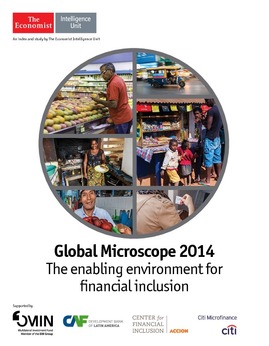| dc.contributor.author | Álvarez, Fernando | |
| dc.contributor.author | Eslava, Marcela | |
| dc.contributor.author | Sanguinetti, Pablo | |
| dc.contributor.author | Toledo, Manuel | |
| dc.contributor.author | Eslava, Marcela | |
| dc.contributor.author | Alves, Guillermo | |
| dc.contributor.author | Daude, Christian | |
| dc.contributor.author | Allub, Lian | |
| dc.coverage.spatial | América Latina y el Caribe | es_ES |
| dc.date.accessioned | 2019-03-22T21:06:19Z | |
| dc.date.available | 2019-03-22T21:06:19Z | |
| dc.date.issued | 2019-03-22 | |
| dc.identifier.citation | Álvarez, F., Eslava, M., Sanguinetti, P., Toledo, M., Eslava, M., Alves, G., … Allub, L. (2019). RED 2018: Institutions for productivity: towards a better business environment. Caracas: CAF. Retrieved from https://scioteca.caf.com/handle/123456789/1410 | en_GB |
| dc.identifier.uri | https://scioteca.caf.com/handle/123456789/1410 | |
| dc.description.tableofcontents | In the last decades, many countries in Latin America have experienced a shift in policies towards the pursuit of common objectives that can be deemed social pacts, understood as broad political consensus. In the 1990s, we have witnessed the beneficial results of the pact for macroeconomic stability and trade integration; and in the early years of the new century, taking advantage of the surpluses from the global commodity expansion cycle, we observed a pact for inclusion.
The starting point for improving productivity is to have a clear diagnosis. In this regard, this report provides evidence suggesting that Latin America's productivity gap is mainly due to a very low productivity level across all sectors of its economies, rather than to a concentration of resources in particularly low productivity sectors. In turn, this generalized low productivity is due to institutional factors that shape policies and regulations affecting firms' productive environment across the whole economy, beyond the sector in which they operate. This report focuses on four key realms of this environment: competition, access to inputs and cooperation among firms, employment,
and financing.
The report provides evidence of competition problems in the region and how these problems compromise productivity. In order to tackle them, it is essential to increase the capacities of antitrust agencies, reduce entry barriers to firms, and deepen international trade and regional integration, which are still limited by non-tariff and logistical barriers. | es_ES |
| dc.language.iso | en | en |
| dc.publisher | CAF | es_ES |
| dc.subject | Investigación socioeconómica | es_ES |
| dc.subject | Economía | es_ES |
| dc.subject | Fortalecimiento institucional | es_ES |
| dc.subject | Productividad | es_ES |
| dc.subject | Políticas públicas | es_ES |
| dc.subject | Productividad | es_ES |
| dc.subject | Sector financiero | es_ES |
| dc.subject | Sector productivo | es_ES |
| dc.title | RED 2018: Institutions for productivity: towards a better business environment | es_ES |
| dc.type | Book | es_ES |
| dc.publisher.city | Caracas | es_ES |
| authorProfile.author | | |
| caf.relation.languageVersion | 123456789/1343 | es |





